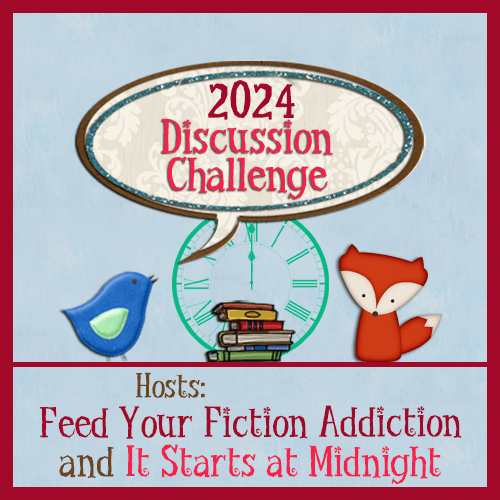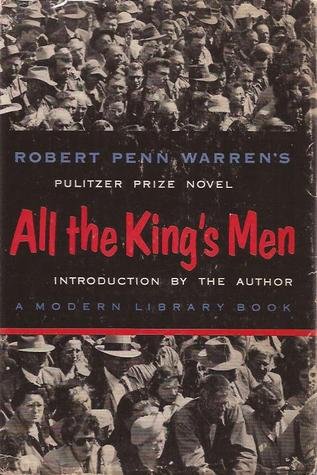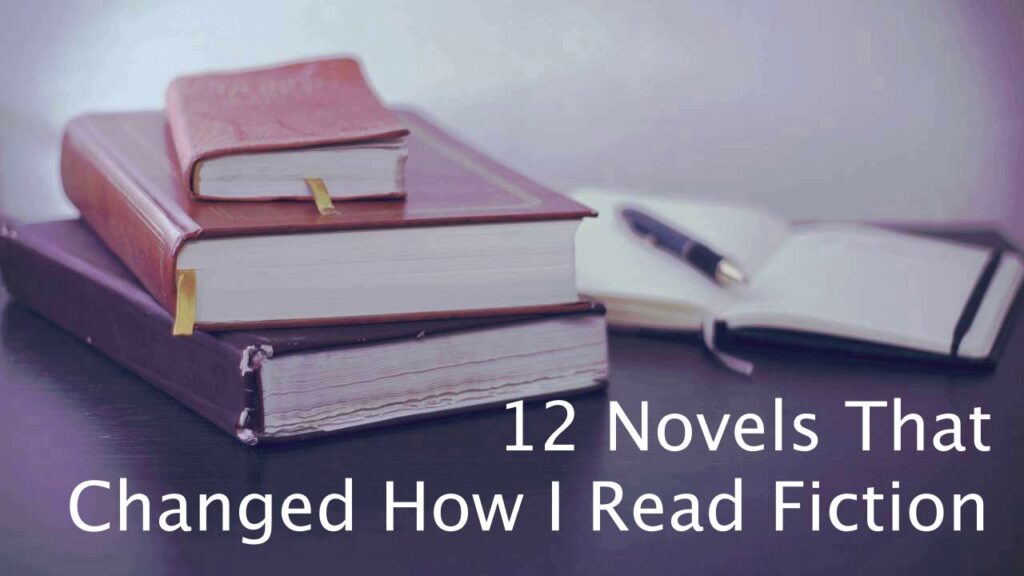Thanks to these two bloggers for sponsoring the annual Blog Discussion Challenge:
- Nicole at Feed your Fiction Addiction
- Shannon at It Starts at Midnight

Other posts in this series:
- #2 A Portrait of the Artist as a Young Man & #3 The Murder of Roger Ackroyd
- #4 The Church of Dead Girls by Stephen Dobyns
- #5 The Debt to Pleasure by John Lanchester
- #6 The Short History of a Prince by Jane Hamilton
- #7 Drowning Ruth by Cristina Schwarz
- #8 The Drowning People by Richard Mason
- #9 Gone Girl by Gillian Flynn
- #10 All the Missing Girls by Megan Miranda
- #11 Babel by R.F. Kuang
- #12 Trust by Hernan Diaz

Introduction
Tomorrow, and Tomorrow, and Tomorrow by Gabrielle Zevin, which was the starting point for this month’s 6 Degrees of Separation post, was My Most Surprising Read of 2022. I can’t remember the last time a novel made me cry, but this one did.
Thinking about why Zevin’s book hit me so powerfully made me consciously re-examine how I read fiction, and I began compiling a list of books that, at various times in my life, have changed the way I read. I considered what books have stuck with me over the years since I read them. I came up with 12 novels.
These aren’t books that simply have memorable characters or storylines; the list would be a lot longer if that’s what I was looking at. No, these are novels that taught me something about the novelist’s craft, some writing technique that made me a more discerning reader, more sensitive to the nuances of understanding that good fiction communicates.
Over the next several weeks I’ll be discussing these 12 novels and how they affected me. I don’t consider these posts book reviews. My comments will be summaries and generalizations because I read most of these novels long ago and don’t remember details. But what I do remember about each one is how the novel affected me and what it taught me about being an informed reader.
I’m numbering these novels 1-12, but the numbers are not rankings; they represent the order in which I read the books. Once I wrote down my memories about each novel and then put them into that order, I saw the progression of how my critical reading ability developed.

#1 All the King’s Men by Robert Penn Warren
© 1946
Date read: ca. 1962 or 1963
In a discussion post last summer I wrote about having almost no memories of my childhood reading. I’m not sure when I first read Robert Penn Warren’s remarkable novel. My memory places it in eighth or ninth grade, but it might have been a year or two earlier. This is the novel that launches my reading memories.
Reading All the King’s Men, I discovered how powerful a fine work of fiction can be. For the first time, all the pieces of the literary criticism puzzle fell into place: the narrator’s voice, the metaphor of the narrator’s last name (Burden), the powerful (for both the narrator and the reader) epiphany, the quality of the prose.
I spent my childhood as an only child with parents who argued all the time. In that environment I learned to stay out of sight as much as possible and to look for clues that might signal an upcoming battle. To distance myself, I made up stories and interacted with characters inside my head.
All young children do this, of course, but it is a particularly useful tool for only children and those in dysfunctional families. I think this is probably why my mother used to say that I always had my nose in a book. Even though I don’t remember those books, I imagine they showed me alternative, more pleasant, possible lives.
Reading All the King’s Men marked my transition from children’s books to adult reading. I followed along as Jack Burden told his story. I observed how he thought and acted in his world, how he reacted to new discoveries and changed his beliefs, behavior, emotions, and attitudes as his circumstances changed. I was fascinated that a work of fiction could so convincingly present a person and the world he lived in.
I don’t remember why I first read this book. It’s possible that it was on a reading list for school, in which case I would probably have come across it in ninth grade. But no matter how I came upon it, I always think of this novel as my initiation into adult reading. I have reread it a couple of times in my adulthood, and it holds up very well.
Next time I’ll discuss #2 on my list, James Joyce’s A Portrait of the Artist as a Young Man.
© 2024 by Mary Daniels Brown



I am attempting to read as many Pulitzer Prize winners as I can, or that I’m interested in. All the King’s Men won the prize sometime in the 1940s. I’ve added it and removed it from my reading list several times. It is on some lists as one of the top 30 Pulitzers handed out and then others say it is a slog to read. On/off/on/off. I should just read it myself to find out for myself if it one of the best or just a slog to get through.
Your post gave me hope that it is indeed a novel which has stood the test of time na not a slog.
The novel I think of as being my transition novel between childish reading habits and more serious adult reading is Cold Sassy Tree by Olive Ann Burns. I read it when I was in my early 30s and it was the book that brought me back to reading. Before CST I rarely read much during my late teen and young adult years. I was too busy with school and then parenthood. As a pre-teen and young teenager I read all the time. Cold Sassy Tree brought me back to reading and for many years after reading it I kept trying to find a book that was as magical to me as it was. Then I realized, it wasn’t the book but “reading” that was magical. I’d forgotten and was made to remember by reading it.
I look forward to reading about your other eleven books which helped you evolve into a better reader.
Thanks for your comments, Anne. I know what you mean about not being able to read much during the early parenthood years, but I’m glad you found your way back to reading. Isn’t it amazing how we remember the particular book that brought us to a recognition of how powerful reading can be. I like your phrasing: “it wasn’t the book but “reading” that was magical.” It may have happened with different books, but that realization of the magic power of reading is probably similar for everyone who experiences it.